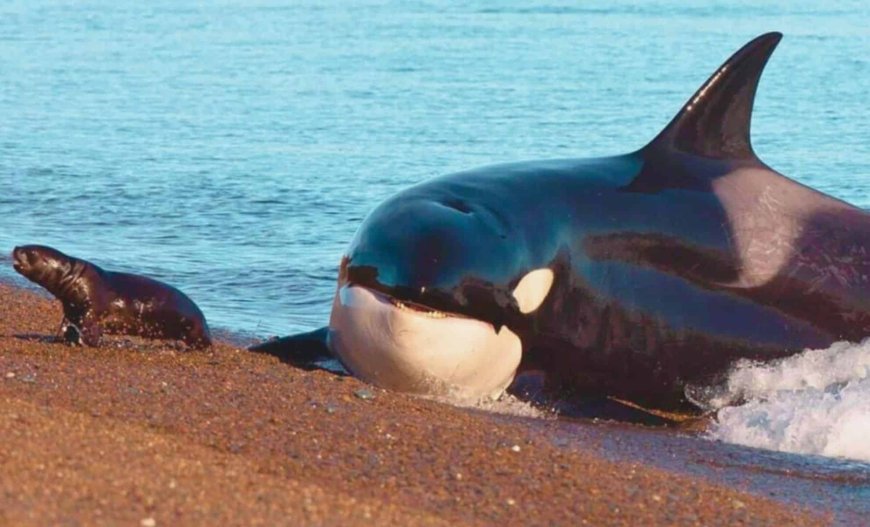Dolphins and Orcas Reach Evolutionary Point of No Return to Land
Recent research confirms that dolphins and orcas, once land-dwellers, have evolved to a stage where returning to life on land is now impossible. This irreversible transition highlights the specialized adaptations that bind these marine mammals to the ocean.

Dolphins and orcas, revered for their intelligence and agility, have reached a pivotal point in their evolutionary journey. New research has revealed that these marine mammals, once land-dwellers, have evolved to a stage where returning to life on land is biologically impossible. A breakthrough study underscores that after millions of years of evolutionary change, dolphins and orcas are now forever bound to the ocean.
A Critical Evolutionary Milestone
Published in Proceedings of the Royal Society B, the study scrutinized over 5,600 mammal species to understand how dolphins and orcas evolved from semi-aquatic ancestors to fully marine life forms. The research, led by Bruna Farina, a PhD candidate at the University of Fribourg in Switzerland, concludes that the transition from semi-aquatic to fully aquatic is a one-way path. Once a species makes this leap, its evolutionary direction becomes irreversible.
Farina’s team found that this transition occurred millions of years ago when mammals returned to the sea. Unlike their terrestrial predecessors, dolphins and orcas cannot evolve back to a land-based lifestyle. Their adaptations—such as specialized limbs, unique diets, and reproductive systems—have become so ingrained that reversing these traits is no longer possible.
The Cost of Specialization
Dolphins and orcas are the epitome of specialized marine predators. Over time, they have adapted to life in the ocean in remarkable ways. Their larger body sizes help conserve heat in cold waters, while their diets evolved to sustain the high metabolic demands of life underwater. Their limbs evolved into flippers, and their tails became powerful tools for propulsion, allowing them to navigate the seas with unmatched precision. Even their reproductive systems have adjusted to facilitate aquatic births.
While these adaptations are crucial for survival in the ocean, they come at a cost. The traits that make these creatures so successful in their marine environment have also made it impossible for them to revert to life on land. According to Dollo’s Law, once a complex trait is lost through evolution, it is highly unlikely to reappear. This principle underscores the irreversible nature of the changes dolphins and orcas have undergone.
The Risk of Extreme Specialization
Although dolphins and orcas are highly efficient predators in the ocean, their extreme specialization also makes them vulnerable. The more specialized a species becomes, the less adaptable it is to environmental changes. For these marine mammals, this means their survival is tightly linked to the health of marine ecosystems.
As climate change, ocean acidification, and pollution continue to threaten marine habitats, the specialized traits of dolphins and orcas could become a liability. If ocean conditions worsen beyond their capacity to cope, these species will have no evolutionary backup plan to adapt. This lack of flexibility poses a serious threat to their long-term survival.
According to the source: Indian Defence Review.
What's Your Reaction?
 Like
0
Like
0
 Dislike
0
Dislike
0
 Love
0
Love
0
 Funny
0
Funny
0
 Angry
0
Angry
0
 Sad
0
Sad
0
 Wow
0
Wow
0














































































































































































